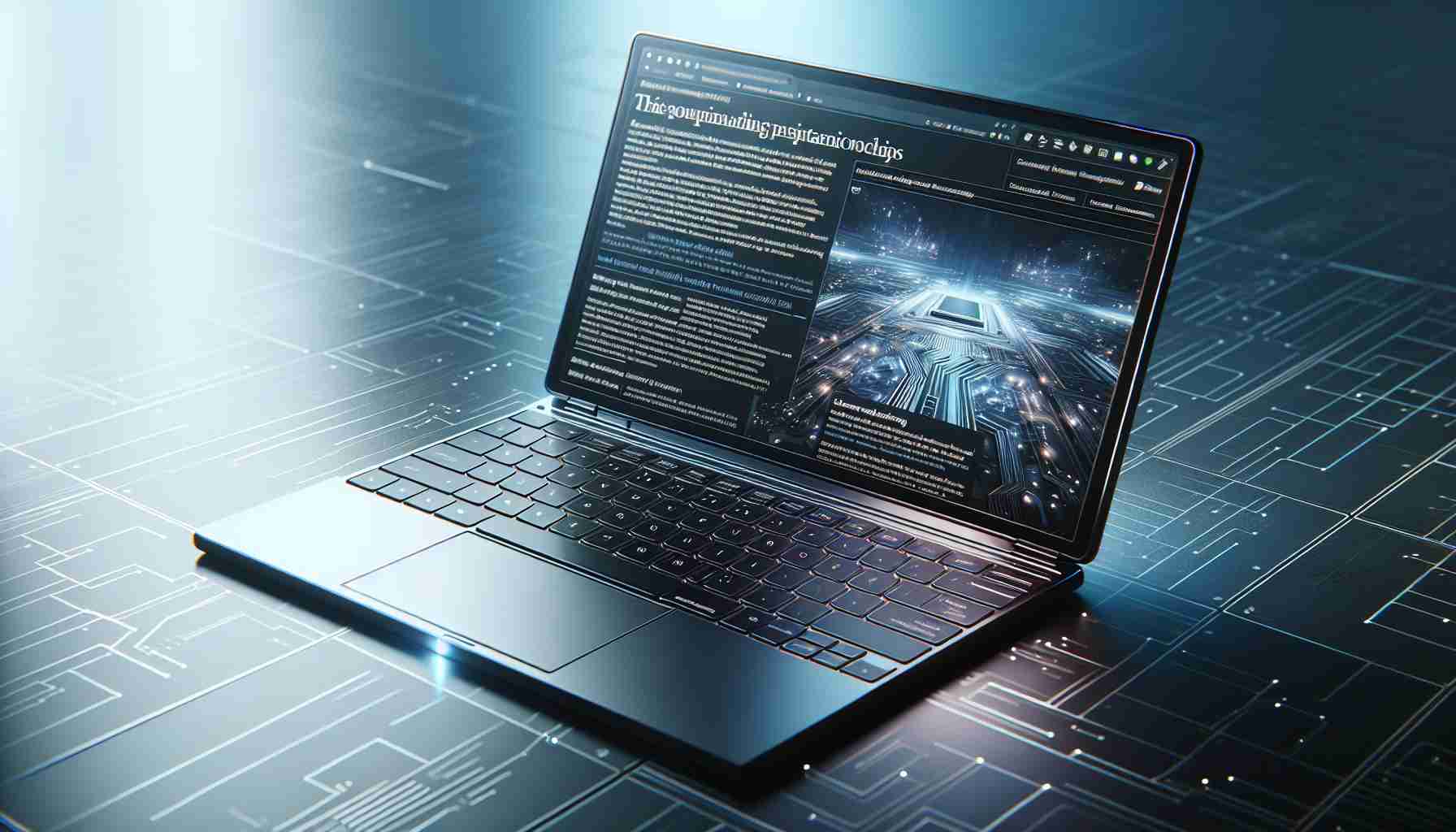While Huawei is widely known for its ongoing trade restrictions and US sanctions, the company has recently come under fire for its use of Intel chips in its latest laptop release. The Trump administration had placed Huawei on the Bureau of Industry and Security Entity List five years ago, effectively prohibiting US companies from doing business with the Chinese firm without obtaining a license.
Although export licenses are rarely granted, Intel was given special permission in 2020 to ship processors to Huawei for use in laptops. This permission allowed Huawei to incorporate Intel’s Meteor Lake chips, including the Core Ultra 9, in its newly launched MateBook X Pro. However, this license is set to expire soon and is not expected to be renewed.
The recent launch of the MateBook X Pro has drawn criticism from Republican lawmakers, who argue that by approving the shipment of the latest Intel chips to Huawei, the Commerce Department has undermined the US government’s restrictions on the Chinese company. Republican congressman Michael Gallagher expressed his bafflement, stating, “One of the greatest mysteries in Washington, DC is why the Department of Commerce continues to allow US technology to be shipped to Huawei.”
This controversy raises questions about the effectiveness of the US government’s restrictions on Huawei and China’s access to advanced manufacturing processes. Last year, the release of Huawei’s Mate 60 and its Kirin 9000s chip sparked debates about the company’s ability to secure advanced chips. While the US has imposed tight restrictions on exporting advanced AI chips to China, Intel’s Core Ultra chips, which boast AI capabilities, are not subject to these export restrictions.
The conflict between Huawei, the US government, and tech companies highlights the complexities of global technology trade. As the Biden administration faces criticism for its handling of Huawei’s access to US technology, the future of the trade restrictions and Huawei’s ability to acquire cutting-edge chips remain uncertain.
The controversy surrounding Huawei’s use of Intel chips in its latest laptop release sheds light on the ongoing trade restrictions and issues related to the industry. Huawei, a Chinese company, has been subjected to trade restrictions and US sanctions for years, with the Trump administration placing the company on the Bureau of Industry and Security Entity List. This effectively prohibits US companies from doing business with Huawei without obtaining a license.
In 2020, Intel was granted special permission to ship processors to Huawei for use in its laptops, including the newly launched MateBook X Pro. However, this license is set to expire soon and is not expected to be renewed. The fact that Intel was allowed to provide advanced chips to Huawei has drawn criticism from Republican lawmakers, who argue that it undermines the US government’s restrictions on the Chinese company.
This controversy raises questions about the effectiveness of the US government’s restrictions on Huawei and China’s access to advanced manufacturing processes. The release of Huawei’s Mate 60 and its Kirin 9000s chip last year sparked debates about the company’s ability to secure advanced chips. While the US has imposed tight restrictions on exporting advanced AI chips to China, Intel’s Core Ultra chips, which feature AI capabilities, are not subject to these export restrictions.
The conflict between Huawei, the US government, and tech companies highlights the complexities of global technology trade. The Biden administration now faces criticism for its handling of Huawei’s access to US technology, and the future of trade restrictions and Huawei’s ability to acquire cutting-edge chips remains uncertain.
For more information on technology trade restrictions and related issues, you can check out the following links:
– US Chamber of Commerce – China Trade
– Office of the United States Trade Representative – Technology
– Intel – Export Compliance
These resources provide insights into the industry, market forecasts, and issues related to technology trade and export restrictions.
The source of the article is from the blog trebujena.net
